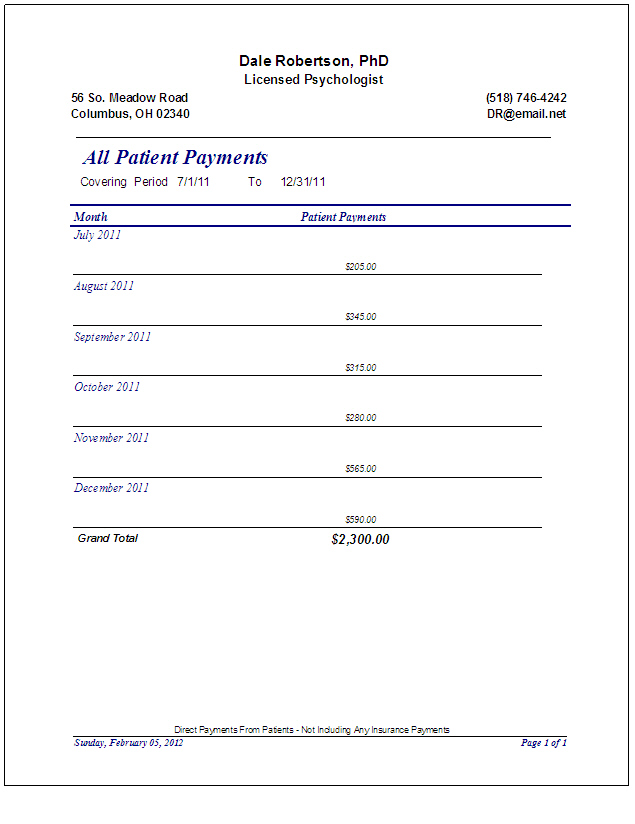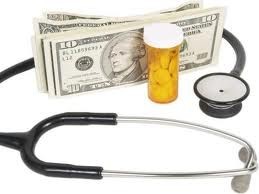

If you file a claim for a credit or refund, please keep records and medical-related documentation for three years from the date you file the original tax return. Simply add up your medical receipts as you receive them or all at once at the end of the year. Keeping track of your costs doesn’t need to be a lengthy process. When we think about medical payments, we tend to think about fees paid to doctors, dentists, surgeons, or psychiatrists, but remember to hold on to medical receipts for all qualified expenses, not just those sent to your insurance company.Įxamples include payment to nontraditional medical practitioners, hearing aids, crutches, weight-loss programs for specific diseases, acupuncture treatments, breast pumps, and so much more. What Counts as a Qualified Medical Expense? Then add up the total, and determine if you’ve spent more than 7.5% of your AGI. Keep track of your medical bills beginning on January 1st through December 31st. Part-time workers, retirees, and financially independent individuals often have low enough incomes to take advantage of this tax rule. They either experience a severe illness or fall into a low tax bracket. Most people reach this number in one of two ways. If your adjusted gross income is $40,000 a year, you could only deduct unreimbursed medical expenses above $3,000. How do you know if you are qualified for a medical expense deduction? First, your medical bills must exceed 7.5% of your adjusted gross income (AGI). If you plan to deduct your medical expenses at tax time, you’ll need to keep your medical bills for three years. Keeping Medical Bills Until You File for a Tax Deduction If your insurance company or provider tries to dispute your payment, you’ll have evidence on hand to refute them. Make a record of the due date and the date of payment. You can also print out copies of your credit card or bank statements.

If you are worried about a dispute, keep copies of associated canceled checks with your bills. Write down the date you paid and whether you used a check, credit card, or cash. It’s wise to keep paid medical bills for a minimum of one year after submitting payment. How Long Should You Keep Paid Medical Bills? Why would you need to hold on to medical bills for that long? Let’s dive into the reasons. Have you ever wondered how long you should keep medical bills?Īt a minimum, you’ll want to hold onto medical bills for one to three years after you pay them, but if you have a health savings account (HSA), hold onto them indefinitely. Every year you receive a pile of invoices from primary care doctors, specialists, insurance companies, and imaging facilities.


 0 kommentar(er)
0 kommentar(er)
